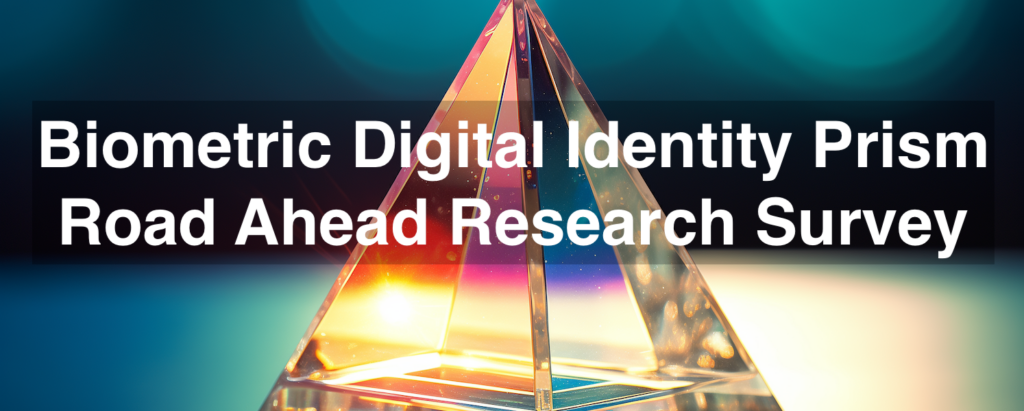Welcome to FindBiometrics’ digest of identity industry news. Here’s what you need to know about the world of digital identity and biometrics today:

Deepfake Scam Robs Firm of $25.6M
A deepfake-driven scam has cost a multinational company HK$200 million, or about $25.6 million, after synthetic copy of its Chief Financial Officer ordered money transfers in a video call with an employee. The incident occurred in the company’s branch in Hong Kong, where police are now investigating the incident; so far, they have not disclosed the name of the company or other identifying details. Deepfakes of multiple individuals were reportedly on the video call, with the victim of the scam being the only genuine employee present. The employee realized it was a scam after making further inquiries with the company’s senior leadership.
Researchers Develop ‘Anti-Facial Recognition’ System
Researchers at the USSLAB at Zhejiang University have developed an “anti-facial recognition” (AFR) system that they believe could be applied to any device with a typical camera system. As Tech Xplore explains, most camera modules contain an image sensor that collects raw data from light readings, and a separate image signal processor (ISP) that turns the data into a standard image that a human eye can see. Their AFR system is designed to reconfigure ISP settings to disrupt any collected face images, and testing has so far shown that the system drags facial recognition accuracy down to 0.3 percent.
Eurostar Operator Warns of Reduced Services Ahead of Biometric Border Rules
HS1, the operator of the Eurostar rail service linking the United Kingdom and France, has warned British MPs that the European Union’s planned implementation of a biometric border screening system may result in the need to reduce services in order to prevent bottlenecks in passenger processing. It’s a message that might seem somewhat at odds with Eurostar’s implementation of a face-scanning SmartCheck system meant to speed up processing for its Business Premium and Carte Blanche passengers; but HS1 suggests the problem lies in getting enough biometric kiosks in place, especially given a lack of space at St Pancras station in London.

Philippines Expands Digital ID Functionality
The Philippine Identification System (PhilSys) is now allowing anyone in the Philippines with an internet connection to verify a given PhilID card using an online service. The Philsys Check system scans an ID card’s QR code, and can verify that the card contains a valid digital signature and has not been deactivated. Meanwhile, select Civil Registry System outlets in Metro Manila are now using fingerprint scanners to verify PhilID holders who are seeing to obtain civil registry documents, further underscoring the growing prominence of digital identity systems in the country.
Indonesia Launches Digital ID Program
Indonesia has embarked on a digital ID program, with its Directorate General of Population and Civil Registration (“Dukcapil”) working to get citizens enrolled in the new Digital Population Identity (IKD) digital app. The IKD activation process asks the user to input their identification number, date of birth, and other personal information, and to upload a photo. From there, the digital ID can be used in place of a physical ID, and to access government services online. Dukcapil has reportedly been working on the app in collaboration with Estonian authorities, who have experience with their own country’s pioneering digital ID programs.
Denver Airport’s New Biometric Checkpoint Goes Live
Denver International Airport has a newly opened biometric security checkpoint. The West Security Checkpoint comprises 17 passenger screening lanes allowing travelers to proceed without the need to present their ID; instead, a facial recognition system automatically matches them to their boarding passes. “”This new checkpoint will greatly enhance security operations and will make our process more efficient for passengers,” said airport CEO Phil Washington. DIA is reportedly the third busiest airport in the world, and officials expect the new security checkpoint to process about 240 travelers per hour.
–
February 5, 2024 – by Alex Perala






Follow Us